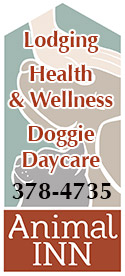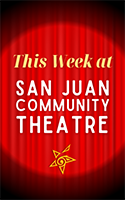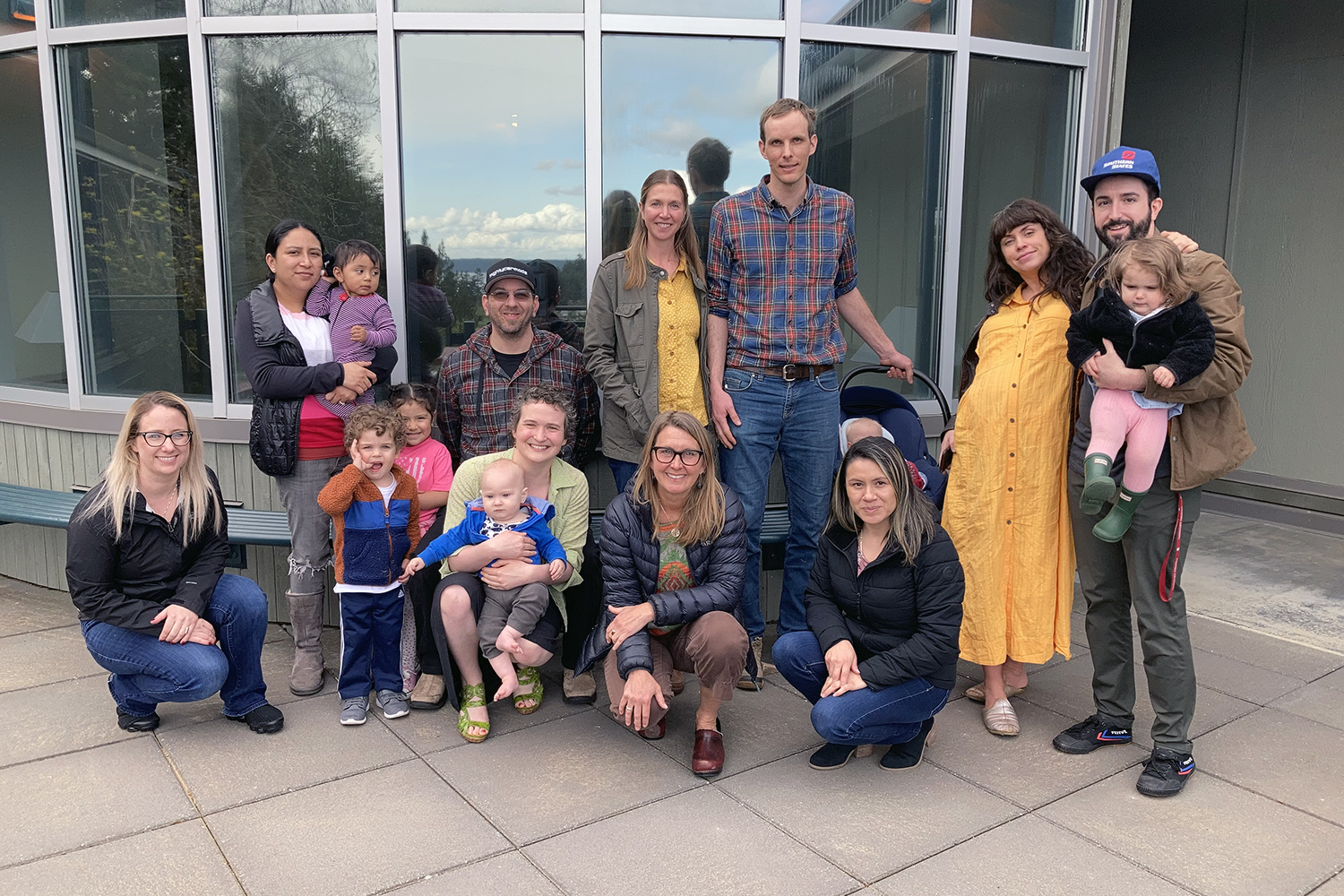Childcare co-op pilot program works to address a critical island need
Posted May 31, 2022 at 1:08 pm by Jeff Arnim
Raising an infant or toddler is challenging for any family trying to balance the demands of work life and home life. But take away nearly half of a community’s childcare capacity in the span of only a few years and all of a sudden achieving that balance can feel impossible.
The numbers are staggering – and stacked against San Juan Island’s young working-class families. In a community that requires childcare for 50 or more toddlers annually, San Juan Island has the capacity for just seven, according to a 2021 community needs assessment created by the Joyce L. Sobel Family Resource Center. For infants, the situation is even worse; the island has had virtually no professional infant care for years.
“In the past few years, our local professional childcare capacity – childcare centers, preschools – has decreased by 40 percent,” explains Jennifer Armstrong, the Family Resource Center’s director. “And even before capacity started to shrink, childcare for infants and toddlers was a huge need.”
With no public or private options available to fill those gaps, the Family Resource Center, Skagit Valley College, and a small group of island parents have come together to create a nonprofit pilot program that they hope will create a sustainable path forward for childcare in the San Juan community.
Known as the San Juan Island Childcare Cooperative, the program began earlier this spring and operates two half-day classes at the Skagit Valley College satellite campus in Friday Harbor – one for toddlers in the morning, another for infants in the afternoon. Under the co-op model, a full-time early childhood educator helps teach parents about child development and behavior, and both the educator and one or more parents work together to care for the children taking part in the program. For parents, this typically means a commitment of one day per week.
Parents also actively manage the co-op as members of its Parent Advisory Board, which is responsible for administrative tasks like organizing class materials, setting schedules, and ensuring that regulatory requirements are met. In addition, parents must take child safety courses related to CPR, first aid, food handling, and mandatory reporting requirements.
The Family Resource Center – which obtained the initial funding for the co-op and provides the program its nonprofit status – hopes that the co-op will address the challenges faced not only by parents, but also childcare workers.
“Another goal of this project is to create a career-track early childhood teaching position, and opportunities for internships for students studying child development,” Jennifer explains. “A big problem in the childcare industry is that compensation is typically very low and few jobs come with benefits or real sustainability. We have created a full-time lead teacher position that has a competitive salary and a great benefits package.”
Like many organizations trying to hire for open jobs on the island, however, the Family Resource Center has so far struggled to fill that full-time educator position – but they hope to find someone by the summer and expand program enrollment soon after.
In the meantime, co-op parents like Louisa Brouwer have taken on expanded roles to ensure the pilot program’s early success.
“The parents are in charge of every session with the children,” Louisa says. “We’ve worked together to build a basic structure for the classes and the sessions – when circle time happens, when snack time happens, when naptime happens. The parents really determine what the kids get up to. And because there are enough of us involved, we can divide things up pretty into small pieces.”
That division of labor also benefits the infants and toddlers taking part in the program, who gain exposure to a diverse array of caregivers.
“It’s great because our child is getting used to being cared for, and trusting of, many different adults, and it shows,” Louisa explains. “He’s much bolder than he was when the program started – he can go to an adult that’s not his parent and asked to be picked up, or feel okay about having his diaper changed by them. It’s also a learning experience because he has to see his parent pick up and cuddle other children. I was expecting that to be a more difficult adjustment, but actually he’s adjusted to it pretty fast.”
At the same time, the co-op model affords parents the opportunity to gain unique insights into their children – and themselves.
“The fact that you go and work there for a day each week means that you know what’s going on,” Louisa says. “And as a parent, learning what the other children are like, and learning how to take care of them, it’s great. It’s interesting to see the differences in their personalities, and it’s interesting to see them learn from and copy each other. You’re sometimes a bit torn when your child needs help, but it’s the other parent on duty who has to comfort them, because your hands are full helping somebody else’s child who’s also in distress.”
“I think it’s making us better parents because of that exposure to ideas and different ways of parenting.”
The San Juan Island Childcare Cooperative will continue to operate as a program of the Family Resource Center for the foreseeable future. If it proves sustainable, the goal is to turn the organization into an independent nonprofit.
For additional information about the program, contact the Family Resource Center.
You can support the San Juan Update by doing business with our loyal advertisers, and by making a one-time contribution or a recurring donation.
Categories: Around Here











No comments yet. Be the first!
By submitting a comment you grant the San Juan Update a perpetual license to reproduce your words and name/web site in attribution. Inappropriate, irrelevant and contentious comments may not be published at an admin's discretion. Your email is used for verification purposes only, it will never be shared.